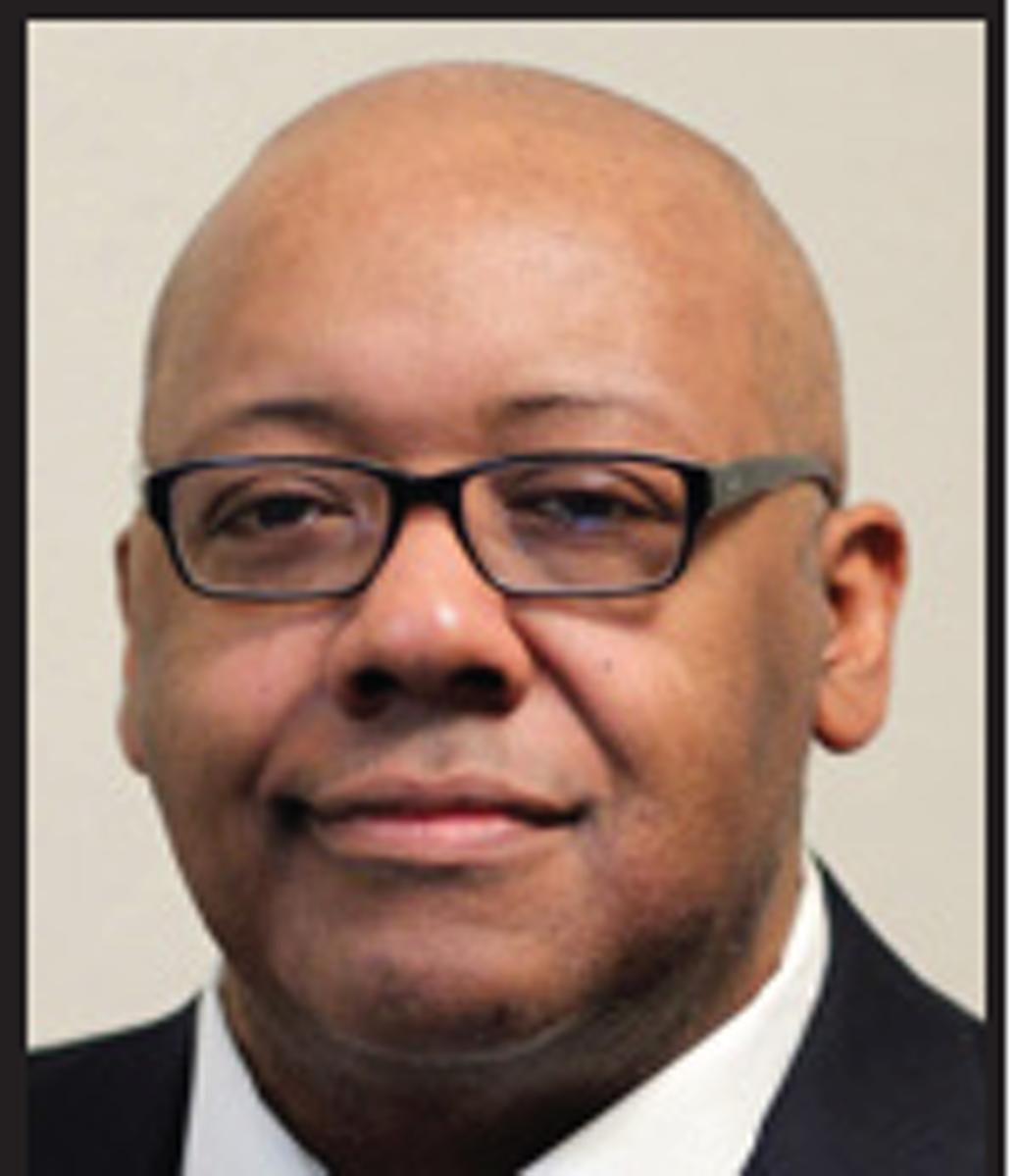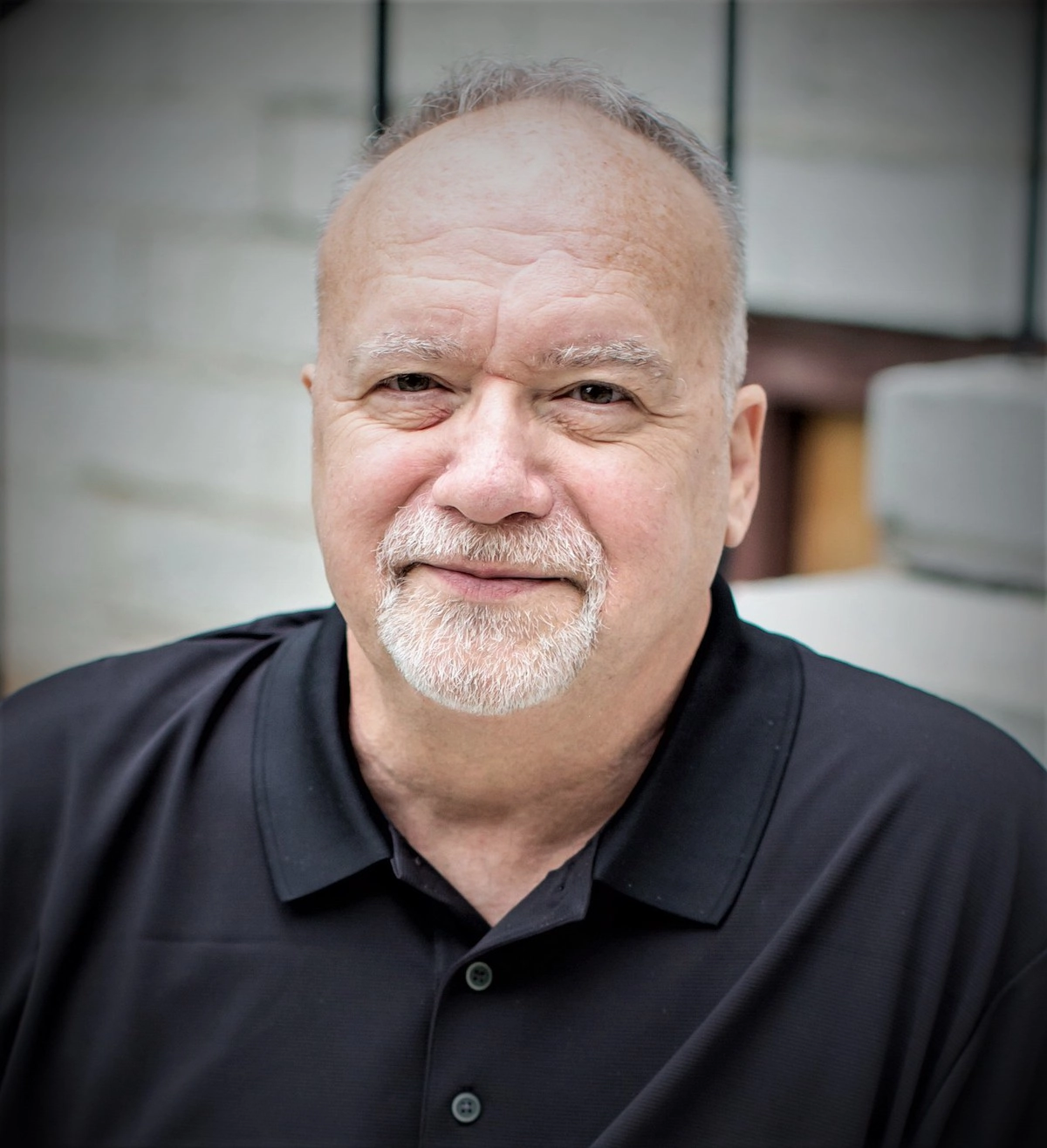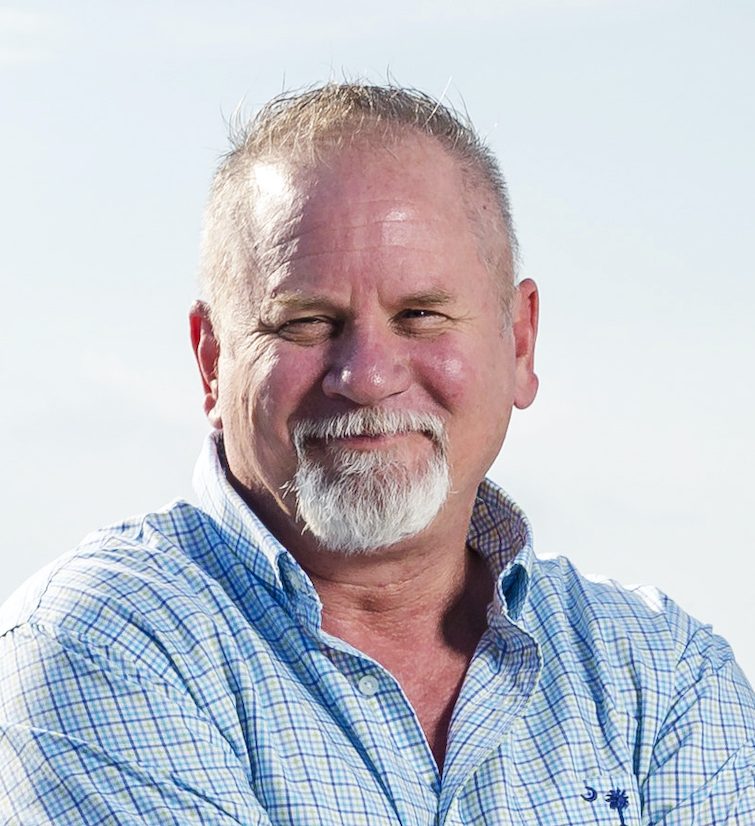By Terry Manning
 What’s the old Chinese saying? “May you live in interesting times.” I think current times are a good fit for that one, don’t you?
What’s the old Chinese saying? “May you live in interesting times.” I think current times are a good fit for that one, don’t you?
On its surface, it sounds as if the speaker is wishing the listener a life of happiness and adventure. And who wouldn’t want to live an interesting life? But it turns out the saying is supposedly a curse. The “interesting times” are meant to be filled with restlessness and conflict. Quite the tricky little proverb. And for the record, it’s not actually of Chinese origin.
But the way the misattributed aphorism has been so broadly accepted and even more widely circulated — Robert F. Kennedy even used it in a speech — might make it an even better fit for our times.
With so much upheaval in the world, we are hungry for anything that brings comfort and confirmation. Too many Americans are ready-made suckers for misinformation as long as it makes us feel like we have a better understanding of what is going on around us or gives us someone we can blame for our troubles.
And we’re not the only ones.
The Associated Press published an investigative report recently on how misinformation about the origins of the coronavirus was weaponized by global powers. Some readers of this column are leaning back just now, waiting for me to pile on the most recent former president, but the AP report points to China as being the largest source of “fake news” about the virus.
In this they were aided and abetted by a variety of political entities, none more prominent than Iran and Vladimir Putin’s Russia.
State-sponsored Russian media very early on circulated stories alleging the outbreak in China came from a failed bioweapons test. A disgraced Russian nationalist spun conspiracy theories that landed him interviews on their national news outlets.
Right-wing media outlets in America took up the fight, doubling down on claims the Chinese were to blame. A University of Illinois professor went on Alex Jones’ Infowars, a healthy medium for conservative conspiracy theorists, to say the virus was “clearly an offensive biological warfare agent.”
While some of us were running around calling alarm over COVID-19 a “Democratic hoax” and debating whether it deserved to be called “the China virus,” leaders in Beijing were taking decisive action.
Party officials said it wasn’t their virus, and it wasn’t created in a weapons laboratory in China. They spread allegations to their citizens that the virus was of American origin, created by the United States military in a lab at Fort Detrick, Md. Stories published in state-run Chinese media were picked up and distributed through content-sharing agreements with media outlets around the world, some of them covertly owned by China, Russia and other foreign states.
Iran’s Supreme Leader Ali Khamenei made public comments that the virus was a man-made weapon manufactured by the U.S. This was picked up and recirculated by state media in Iran, China, Russia and — again — through a series of web site and social media accounts secretly controlled by those countries.
I admit, it’s a lot to follow, but just imagine one of those Quentin Tarantino movie scenes with a roomful of gangsters with their guns drawn on each other, each yelling at the others to lower their weapons before they fire. Those never end well, do they? But that has been the model for the coronavirus blame game.
Here we are a little more than a year since we began fighting the virus in earnest, with more than half a million Americans dead from it, hundreds of thousands suffering long-term side effects from having been infected, millions still down-playing its risk and severity, and a growing sense of dread that the virus’ variants are outpacing our best efforts to inoculate ourselves against it.
Thanks to the disastrous start we had in dealing with COVID-19, our country is tracking ahead of mortality estimates based on our doing nothing at all. Consider that: We are actually doing worse than if we’d done nothing at all. And yet some people still defend and want to re-establish the leadership we had then.
Interesting times, indeed.
Terry E. Manning lives and works in Savannah, Ga. He is a Clemson graduate and worked for 20 years as a journalist. He can be reached at teemanning@gmail.com.






